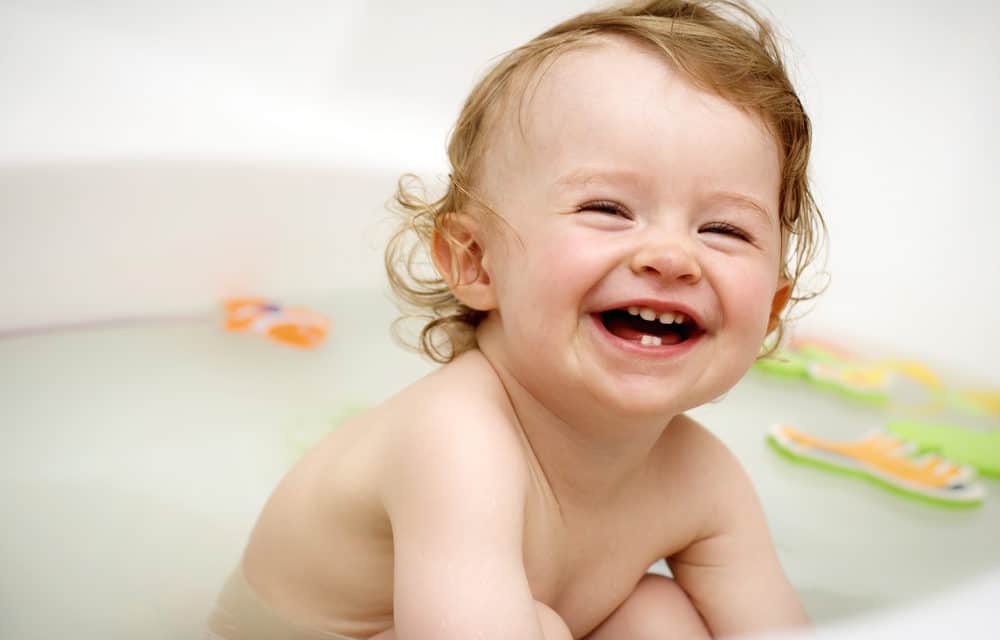When do kids lose their baby teeth?
When do kids lose their baby teeth? This is a question that parents commonly have. The answer, however, depends on the child. Typically, most children will lose their baby teeth by around six years old. However, some may lose them sooner, while others may lose them later. Several things can affect when a child loses their baby teeth, such as genetics and diet. So what are some vital signs and symptoms of your child losing their baby teeth? Keep reading to find out!
At what age do kids typically lose their baby teeth?
Most children begin to lose their baby teeth around the age of six. However, there is a lot of variation from child to child, and some may start losing teeth as early as four years old, while others may not lose their first tooth until they are seven or eight. The order in which teeth are lost is also reasonably consistent, with the lower front teeth typically being the first to go. Again, however, there is some individual variation. In general, baby teeth will continue to be lost until all of them have been replaced by adult teeth, usually around the age of 12 or 13.
You might also be interested in learning in detail about your kids first teeth as a parent.
How can you tell when a child is losing a tooth?
Parents can look for a few signs when their child is losing a tooth. First, the child may complain of pain or discomfort in their gums. They may also have difficulty chewing or biting down on food. In addition, the child may develop a gap between their teeth where the tooth is missing. Finally, the child’s tooth may lose and wiggle back and forth. If parents notice these signs, they should take their child to a dentist. The dentist can confirm whether or not the child is losing a tooth and provide advice on how to care for the area.
What should you do if your child loses a tooth prematurely?
Losing a tooth prematurely can be a cause for concern for many parents. For example, if your child loses a baby tooth before the adult tooth is ready to come in, it can cause the adult tooth to come in crooked. Additionally, suppose the baby tooth is lost too early. In that case, the other teeth may begin to shift and may not come in correctly. If your child loses a tooth prematurely, you should take them to a dentist as soon as possible. The dentist can determine if the adult tooth is coming in correctly and ensure that the other teeth are not shifting out of place.
In certain instances, the dentist may recommend that your child wear a space maintainer. This device helps keep the space open for the adult tooth to come in. Losing a tooth prematurely can be unsettling for both parents and children. Still, by taking action and seeking professional help, you can ensure that your child’s teeth come in healthy and robust.
Are there any risks associated with losing baby teeth too early or too late?
While losing baby teeth a little early or late is nothing to worry about, some risks are associated with losing teeth too early or too late. For example, if baby teeth are lost too early, there is a risk that the permanent tooth underneath may not come in correctly. And if baby teeth are lost too late, it can cause crowding and other problems when the permanent teeth start to come in.
Can anything be done to prevent premature tooth loss in children?
While many factors contribute to cavities, such as diet and genetics, there are also several things parents can do to help prevent them. First, it is essential to ensure your child is brushing their teeth twice a day with fluoride toothpaste. You should also help them to floss regularly and avoid sugary drinks and snacks. Finally, suppose you are concerned about your child’s oral health. In that scenario, you should talk to your dentist about ways to prevent cavities and premature tooth loss.
How can parents help their children care for their baby teeth until they are lost naturally?
The best way to clean baby teeth is to brush them with a soft-bristled toothbrush at least twice daily. It is also important to floss between the teeth to remove plaque and bacteria. Diet is also a factor in dental health, so sugary snacks should be avoided. Parents can also help their children by teaching them about the importance of oral hygiene and taking them for regular dental checkups. By taking these steps, parents can ensure that their children have healthy teeth that will last a lifetime.
Teeth treatment at Simply Dental Chatswood
If you are looking for experienced and professional dentists that provide baby teeth treatment, our dentists in Chatswood are a perfect solution. We offer various services to help your child maintain healthy teeth and gums, and we will work with you to create a personalised treatment plan that fits your child’s needs. Contact us today to schedule an appointment!
For you convenience we also have dentists in Willoughby.


